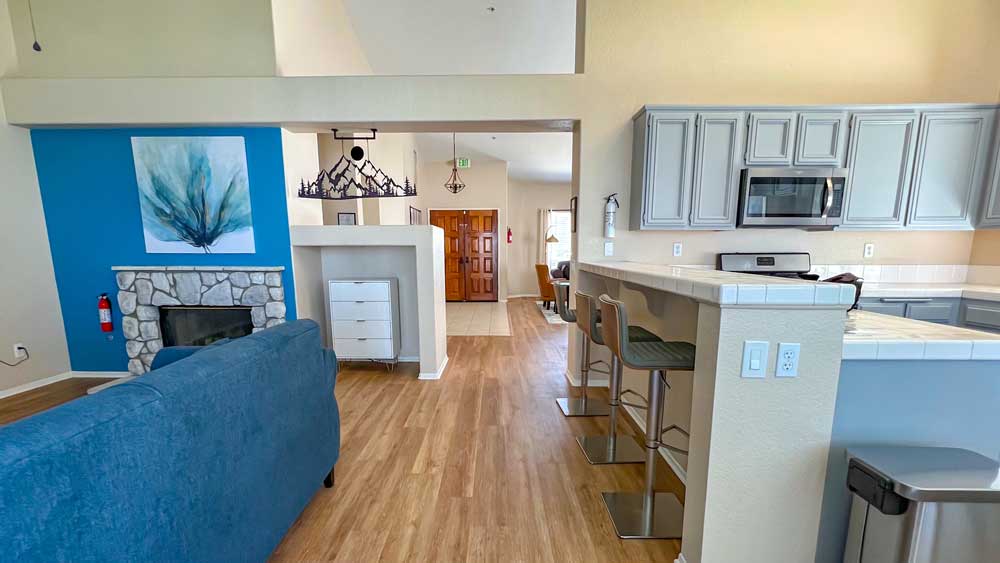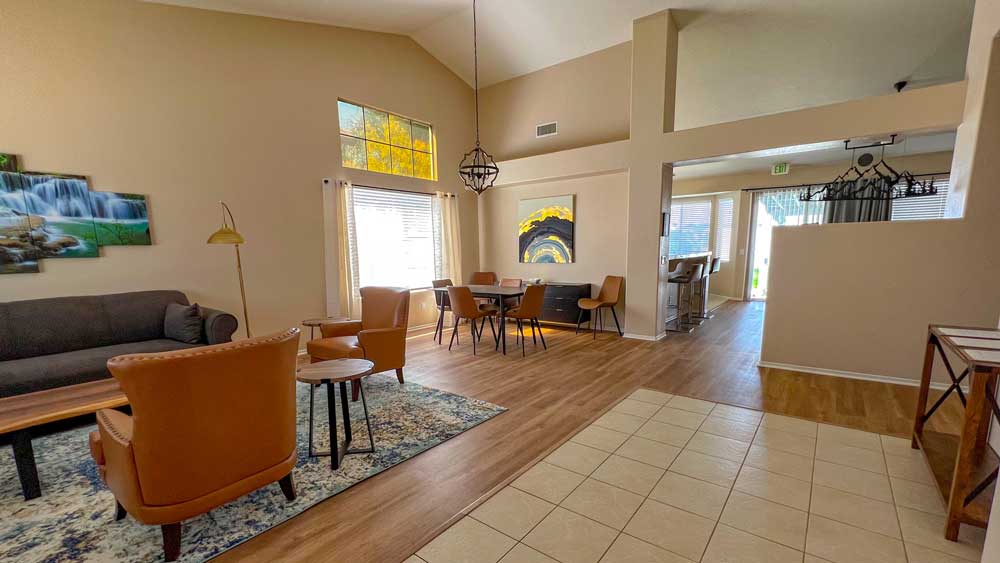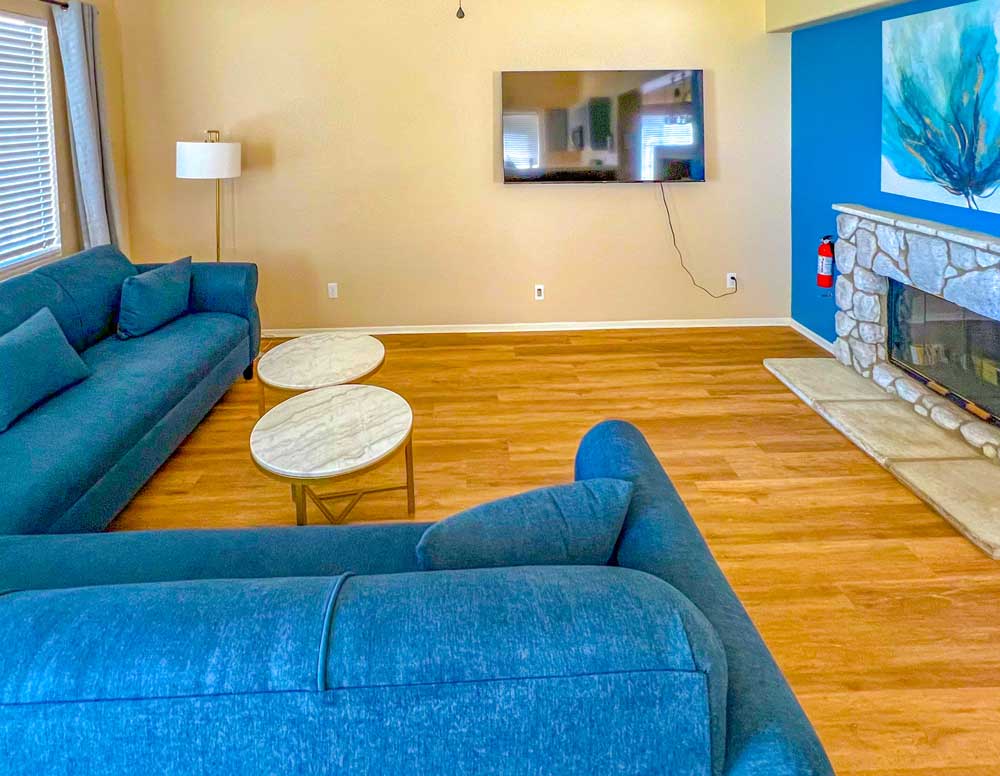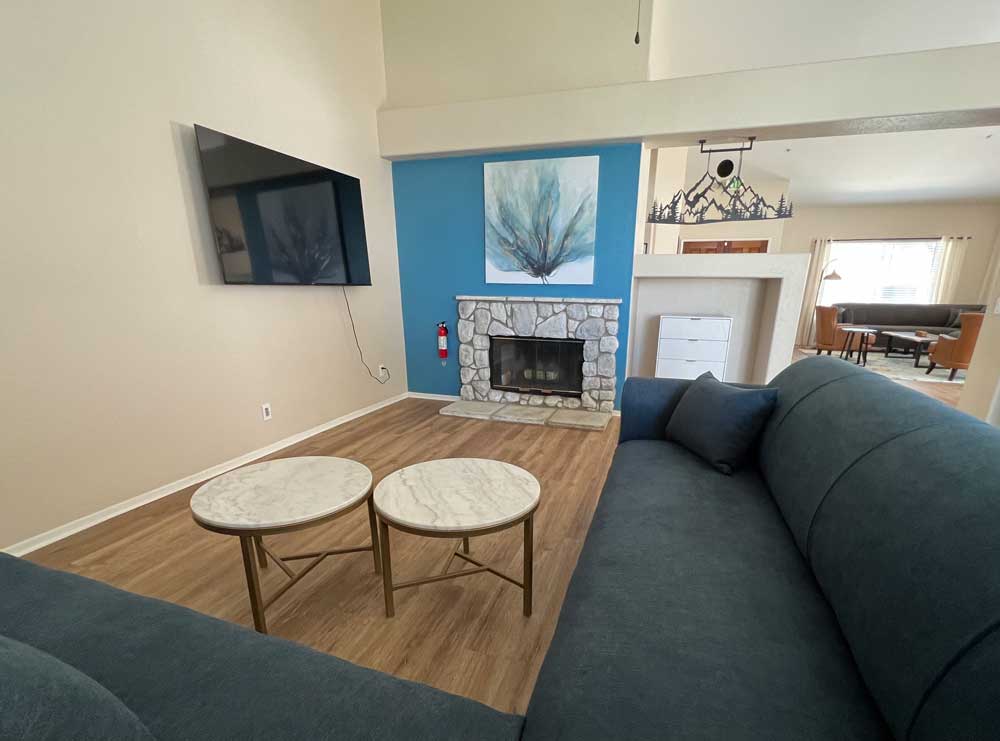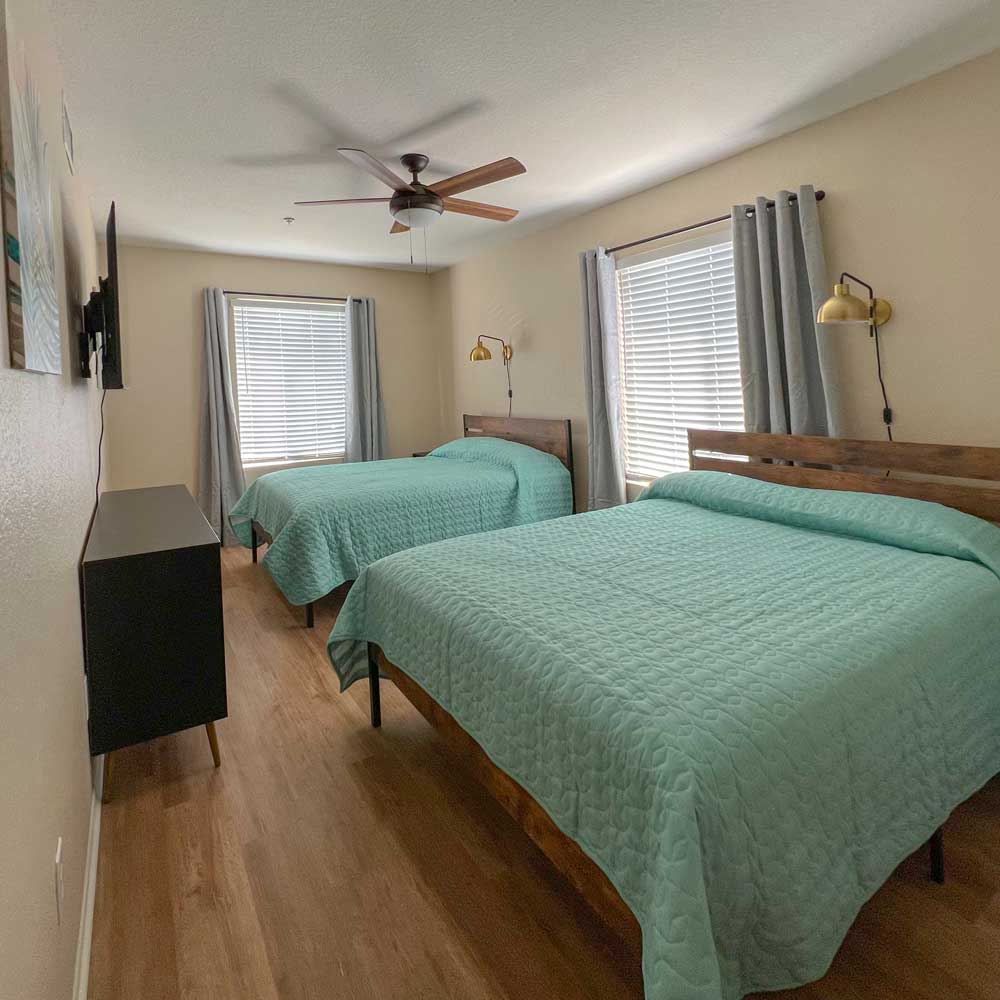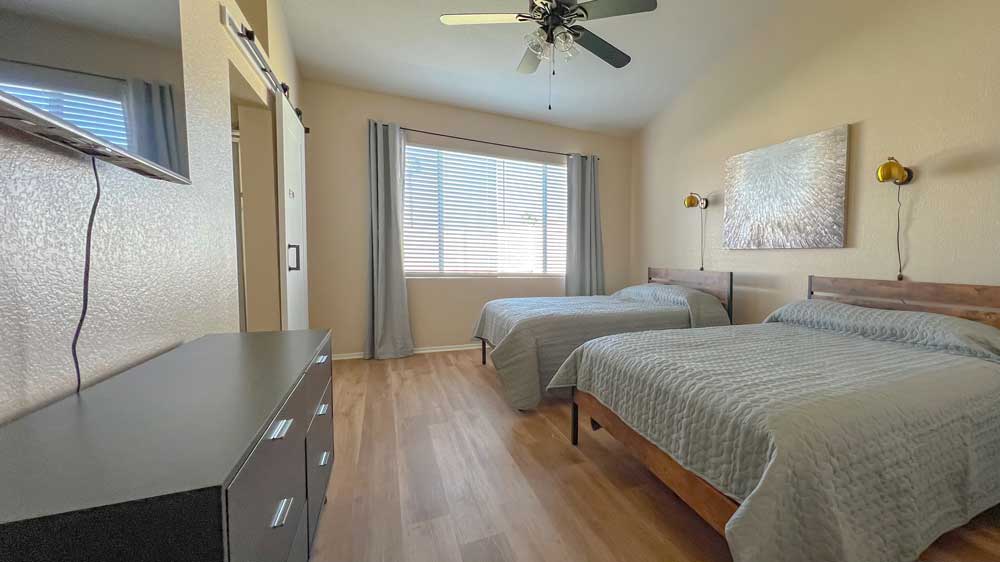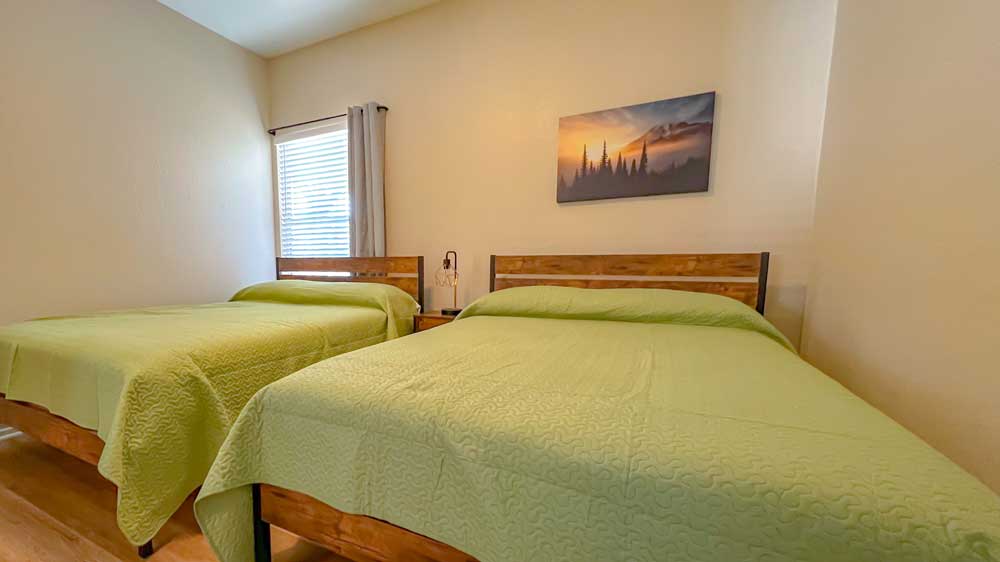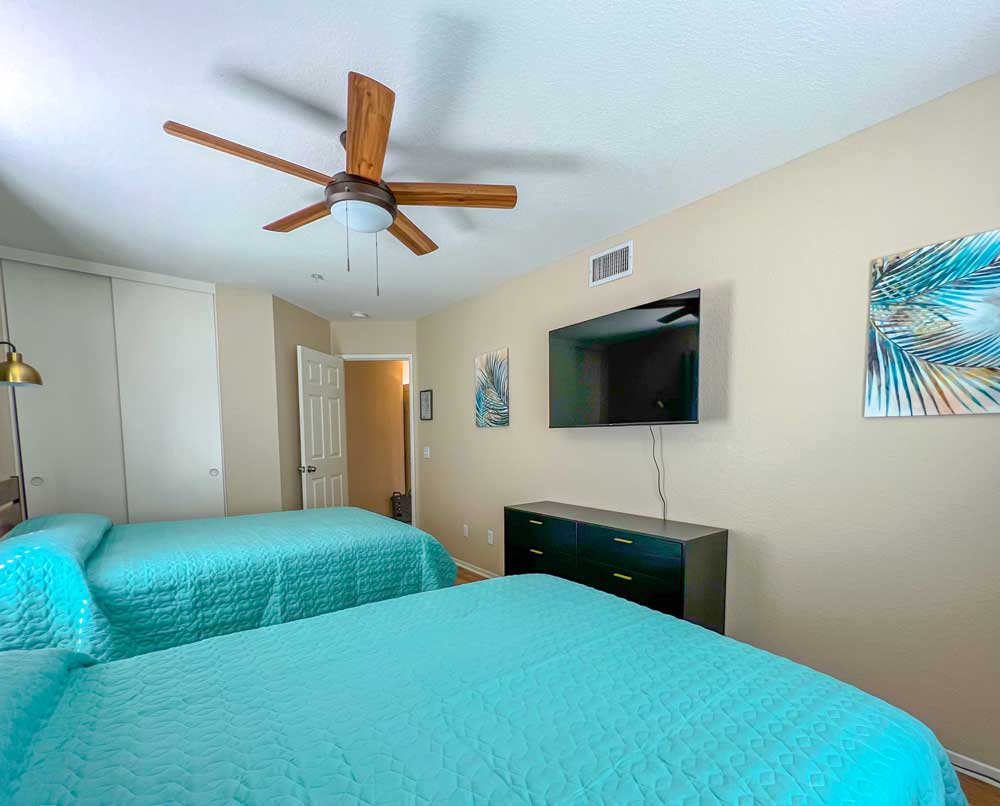Alcohol Detox Orange County
Alcohol Detox Orange County at Mountain Sky Recovery
Your Road to Healing Starts at Mountain Sky Recovery’s Alcohol Addiction Program
At Mountain Sky Recovery, an inpatient addiction treatment facility and residential rehab located in Southern California, we are committed to offering compassionate and effective alcohol addiction treatment and medical detox programs for individuals struggling with addiction to alcohol. As a trusted alcohol treatment center, we understand the unique challenges that substance abuse disorders present, especially during alcohol withdrawal. The withdrawal symptoms associated with alcohol abuse can be severe, and our detox facility provides a safe environment for healing and transformation under professional medical care.
Our approach to alcohol treatment is holistic and includes evidence-based, comprehensive, and individualized therapy. We address not only the physical symptoms but also the emotional issues and mental health disorders, such as co-occurring mental health disorders, that often accompany addiction. At Mountain Sky Recovery, we emphasize the importance of individual counseling, daily group therapy, and experiential activities like art therapy and outdoor activities to enhance the recovery process.
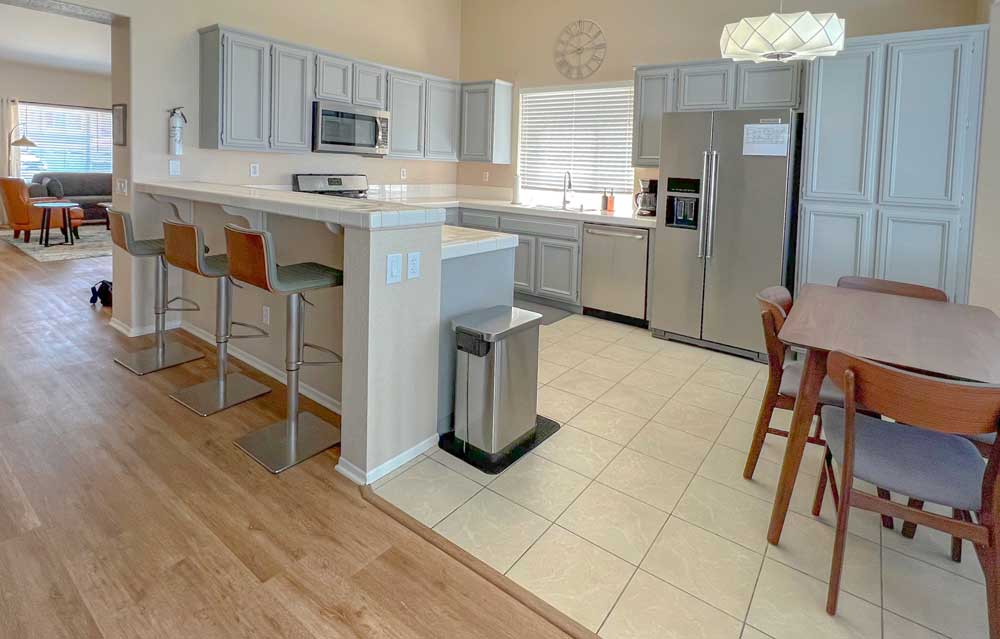
Contact Us!
Fill out a form and our team will get back to you promptly!
About Mountain Sky Recovery
Mountain Sky Recovery is a premier rehab facility and one of the leading alcohol and drug addiction treatment centers in California. Our mission is to provide a safe environment where individuals can achieve long-lasting recovery through a comprehensive range of addiction treatment programs. These services address the physical, emotional, and psychological aspects of substance use disorder, fostering a transformative healing process..
Our Alcohol Rehab Program
Personalized Treatment Plans
At Mountain Sky Recovery, we believe each person’s journey to recovery is unique. Our treatment center develops personalized treatment plans tailored to meet the specific needs of each client. These plans address all aspects of alcohol addiction, ensuring a comprehensive approach to recovery.
Medical Detox
One of the first steps in our alcohol rehab program is medical detox. This process involves safe and supervised withdrawal from alcohol, managed by our team of medical professionals. Detox is a crucial step in ensuring that our clients begin their recovery journey in the best possible health.
Inpatient Treatment
For those requiring intensive care, our inpatient treatment program provides 24/7 support and monitoring. Inpatient rehab offers a structured environment where clients can focus solely on their recovery, free from the distractions and triggers of everyday life. This program includes individual therapy, group sessions, and various holistic therapies.
Dual Diagnosis Treatment
Many individuals struggling with alcohol addiction also face co-occurring disorders such as depression or anxiety. Our treatment center provides integrated care for these co-occurring disorders, ensuring that both the addiction and mental health issues are addressed simultaneously.
Medication-Assisted Treatment
Medication-Assisted Treatment (MAT) is an evidence-based approach that combines medications with counseling and behavioral therapies. MAT is particularly effective in reducing cravings and withdrawal symptoms, making it easier for clients to focus on their recovery journey.
Comprehensive Therapy Options
We offer a wide range of therapy options, including cognitive-behavioral therapy (CBT), dialectical behavior therapy (DBT), and family therapy. These therapies are designed to help clients understand the underlying causes of their addiction and develop healthy coping mechanisms.
Relapse Prevention
Preventing relapse is a key component of our alcohol rehab program. We equip our clients with the tools and strategies they need to maintain their sobriety long after they leave our facility. This includes ongoing support and access to our alumni network.

A Better Future Free from Drinking Starts Here!
Don’t let your dependency on alcohol continue to devastate your life. Reach out to Mountain Sky Recovery for the support and guidance you need to reclaim your life. Call us now or fill out our online inquiry form, and one of our caring team members will reach out to discuss your personalized alcohol recovery plan.
Exploring Alcohol Use Disorder: When to Consider the Rehab Route
Recognizing alcohol abuse can be challenging, especially when social drinking is commonplace and even getting drunk is seen as usual. So, how do you identify alcoholism in yourself or a loved one when it’s so socially accepted?
The answer lies in being attuned to the signs and symptoms of alcohol addiction. These indicators can encompass:
- Struggling to cut down on drinking.
- Experiencing relationship issues due to alcohol.
- Revolving much of your day around drinking, hiding it, or recovering from it.
- I need more alcohol to feel the same effects.
- Spending more money on alcohol.
- Ignoring medical advice and continuing to drink.
These are just a few examples of the warning signs, and there are also physical manifestations to watch for. Each person’s journey through alcoholism is unique; it might manifest in the number of drinks consumed daily, or even in resorting to extreme measures like theft to fuel the addiction.
Don’t let the warning signs stop you from getting help. Reach out to Mountain Sky Recovery, a trusted rehab center in California, and take the first step toward healing.
Rehab for Alcoholism Near You at Mountain Sky Recovery
If you’re struggling with alcohol addiction and looking for a path towards freedom, Mountain Sky Recovery is here to help. Our program is specifically designed to address all aspects of alcohol addiction, including physical, emotional, and psychological elements, and we provide personalized guidance for recovery from long-term alcohol abuse. We also offer a comprehensive residential treatment program, meticulously crafted to address the wide-ranging impacts of addiction.
Our center is surrounded by the tranquil beauty of Temecula Valley, offering a peaceful and supportive atmosphere to aid in your healing journey. Our team of experienced professionals offers evidence-based therapies, holistic approaches, and individualized care plans to guide you toward a brighter and healthier future. At Mountain Sky Recovery, we are committed to helping you quit drinking and reclaim your life from alcohol addiction and move forward toward a better tomorrow.
What to Expect During Alcohol Rehab at Mountain Sky Recovery
Going through rehab for alcoholism is a transformative journey that involves several stages, each designed to help individuals overcome their addiction and build a foundation for long-term recovery. At Mountain Sky Recovery, we ensure that every individual receives personalized care tailored to their specific needs.

Admissions Process
Initial Consultation
The admissions process at Mountain Sky Recovery begins with an initial consultation. This step allows our admissions team to gather detailed information about the individual’s history with alcohol, previous treatments, medical history, and any co-occurring mental health conditions. This information helps us create a customized treatment plan tailored to the individual’s unique needs.
Pre-Admission Assessment
Once the initial consultation is complete, a pre-admission assessment is conducted. This assessment includes a comprehensive medical evaluation and psychological screening. The goal is to determine the level of care needed and to identify any potential complications that might arise during detox and treatment.
Insurance Verification and Financial Planning
Understanding the financial aspect of rehab can be a significant concern for many. Our admissions team works closely with insurance providers to verify coverage and outline any out-of-pocket expenses. We also offer financial planning assistance to help individuals and their families navigate the cost of treatment.
Finalizing Admission
After the assessments and financial planning, the final step is to schedule the admission date. We ensure that all necessary preparations are made, including arranging for any required travel, so that the transition into our facility is as smooth and stress-free as possible.
Medications Taken
Medication-Assisted Treatment (MAT)
Medication-Assisted Treatment (MAT) is a cornerstone of our rehab program for alcoholism. MAT involves the use of FDA-approved medications that help manage withdrawal symptoms, reduce cravings, and prevent relapse. The medications commonly used include:
- Naltrexone: This medication blocks the euphoric effects of alcohol and reduces cravings.
- Acamprosate: Acamprosate helps stabilize brain chemistry and reduce the emotional and physical discomfort associated with abstinence.
- Disulfiram: Disulfiram creates a severe physical reaction when alcohol is consumed, deterring individuals from drinking.
Detox Medications
During the detox phase, additional medications may be used to manage withdrawal symptoms and ensure safety. These can include:
- Benzodiazepines: Used to reduce anxiety, prevent seizures, and manage other withdrawal symptoms.
- Anticonvulsants: Prescribed to prevent seizures, which are a potential risk during alcohol withdrawal.
- Beta-Blockers: Help manage physical symptoms such as high blood pressure and rapid heart rate.
Long-Term Medication Management
For some individuals, long-term medication management may be necessary to support ongoing recovery. Our medical team works closely with each individual to monitor the effectiveness of medications and make any necessary adjustments.
Withdrawal Effects
Physical Symptoms
Withdrawal from alcohol can cause a range of physical symptoms, which can vary in severity depending on the individual’s level of dependence. Common physical withdrawal symptoms include:
- Tremors: Uncontrollable shaking, often referred to as “the shakes.”
- Sweating: Excessive sweating, even in cool environments.
- Nausea and Vomiting: Gastrointestinal distress is common during withdrawal.
- Headaches: Persistent headaches and migraines.
- Fatigue: Extreme tiredness and lethargy.
Psychological Symptoms
Psychological symptoms can also be significant during alcohol withdrawal. These symptoms include:
- Anxiety: Increased levels of anxiety and panic attacks.
- Depression: Feelings of sadness and hopelessness.
- Irritability: Heightened irritability and mood swings.
- Insomnia: Difficulty falling asleep or staying asleep.
- Hallucinations: Visual or auditory hallucinations in severe cases.
Severe Withdrawal Symptoms
In some cases, individuals may experience severe withdrawal symptoms, such as:
- Delirium Tremens (DTs): A severe form of withdrawal that includes confusion, rapid heartbeat, and hallucinations. DTs can be life-threatening and require immediate medical attention.
- Seizures: Alcohol withdrawal can lead to seizures, which are medical emergencies.
Alcohol Addiction Treatment
Call today to get personalized and comfrotable addiction treatment for alcoholism at Mountain Sky Recovery.
Detox Timeline
Initial 6-12 Hours
The first 6-12 hours after the last drink are typically when the initial symptoms of withdrawal begin to appear. These early symptoms often include anxiety, headaches, nausea, and irritability. It is crucial to start medical supervision during this phase to manage symptoms effectively.
12-24 Hours
Within the first 24 hours, symptoms can intensify. Shaking, sweating, and stomach issues become more pronounced. Some individuals may start to experience mild hallucinations and increased agitation.
24-48 Hours
The peak of withdrawal symptoms usually occurs within 24-48 hours. This period can be the most challenging, with severe symptoms such as tremors, high blood pressure, fever, and intense cravings. Medical staff closely monitor individuals during this critical phase to provide necessary interventions.
48-72 Hours
After the peak period, symptoms generally start to subside. However, some individuals may continue to experience significant discomfort. Ongoing medical support is essential to manage lingering symptoms and prevent complications.
72+ Hours
By the third or fourth day, most withdrawal symptoms begin to taper off. While physical symptoms may diminish, psychological symptoms like anxiety and depression can persist for weeks or even months. Continued therapeutic support is crucial during this time to address these ongoing issues.
Relapse Prevention
Understanding Triggers
One of the key components of relapse prevention is understanding and managing triggers. Triggers are people, places, or situations that can lead to cravings for alcohol. Through therapy and counseling, individuals learn to identify their triggers and develop coping strategies to handle them effectively.
Developing Coping Strategies
Developing healthy coping strategies is essential for maintaining sobriety. These strategies can include:
Mindfulness and Meditation: Practices that help individuals stay present and manage stress.
Exercise and Nutrition: Physical health plays a significant role in mental well-being and relapse prevention.
Hobbies and Interests: Engaging in fulfilling activities can provide a sense of purpose and reduce the temptation to drink.
Support Systems
Building a strong support system is crucial for long-term recovery. This can include:
Family and Friends: Loved ones who understand and support the recovery journey.
Support Groups: Groups such as Alcoholics Anonymous (AA) provide a community of individuals who share similar experiences and challenges.
Therapy and Counseling: Ongoing therapy helps individuals navigate the complexities of life without alcohol.
Relapse Prevention Plans
At Mountain Sky Recovery, we work with each individual to create a personalized relapse prevention plan. This plan includes:
Identifying Warning Signs: Recognizing early signs of a potential relapse.
Emergency Contacts: Having a list of people to call when feeling tempted to drink.
Action Steps: Specific steps to take when experiencing cravings or high-risk situations.
Continuing Care
Recovery does not end when an individual leaves our facility. We offer continuing care programs to provide ongoing support. These programs may include:
Outpatient Treatment: Regular therapy sessions while living at home.
Alumni Programs: Events and activities that keep former clients connected to the recovery community.
Telehealth Services: Access to therapy and support groups via online platforms.
Contact Us!
Fill out a form and our team will get back to you promptly!
Comprehensive Care Approach
Holistic Therapies
In addition to traditional treatments, we offer a variety of holistic therapies that address the whole person. These therapies include yoga, acupuncture, art therapy, and equine therapy. Holistic approaches help individuals heal on physical, emotional, and spiritual levels.
Family Involvement
We believe that family involvement is crucial to the recovery process. Family therapy sessions help to repair relationships and educate loved ones about the nature of addiction. This support system is vital for long-term success.
Dual Diagnosis Treatment
Many individuals with alcohol addiction also struggle with co-occurring mental health disorders, such as depression or anxiety. Our dual diagnosis treatment ensures that both conditions are treated simultaneously, providing a more comprehensive approach to recovery.
Why Choose Mountain Sky Recovery?
Expertise and Compassion
Our team of experienced professionals is dedicated to providing the highest level of care. We understand the complexities of addiction and are committed to helping our clients achieve lasting recovery.
State-of-the-Art Facility
Located in the serene environment of Southern California, our facility offers a peaceful and supportive setting for recovery. We provide comfortable accommodations and a wide range of amenities to ensure our clients feel at home during their stay.
Comprehensive Care
From medical detox to aftercare planning, we offer a full continuum of care. Our holistic approach addresses all aspects of addiction, ensuring that our clients receive the most comprehensive treatment possible.
Accredited Programs
Our addiction treatment programs are accredited by reputable organizations, ensuring that we meet the highest standards of care. We are also recognized by the California Health Care Foundation for our commitment to excellence in addiction treatment.
Support for Families
We believe that involving families in the recovery process is crucial. Our family therapy sessions help loved ones understand the nature of addiction and provide them with the support they need to help their loved one on their recovery journey.
Services Provided
Substance Abuse Treatment
Substance abuse treatment is at the core of what we do. We offer a range of services designed to address substance use disorder, including individual and group therapy, medically supervised detox, and relapse prevention strategies.
Alcohol Rehab
Our alcohol rehab program is designed to help individuals overcome alcohol addiction through a combination of medical treatment, therapy, and support. We provide both inpatient and outpatient options to meet the needs of our clients.
Drug and Alcohol Rehab
In addition to alcohol rehab, we offer comprehensive drug and alcohol rehab services. This includes treatment for various substance use disorders, ensuring that all aspects of addiction are addressed.
Mental Health Services
Mental health is a crucial component of recovery. Our mental health services administration ensures that clients receive the support they need to address any co-occurring mental health conditions.
Inpatient and Outpatient Rehab
We offer both inpatient and outpatient rehab options, allowing clients to choose the level of care that best suits their needs. Our flexible programs ensure that everyone can receive the help they need, regardless of their circumstances.
Medication-Assisted Treatment
Medication-Assisted Treatment is available for those who need additional support in managing cravings and withdrawal symptoms. This evidence-based approach is an integral part of our comprehensive treatment program.
See Our Premier Facility!
Our Approach
At Mountain Sky Recovery, our approach to treating alcohol addiction is centered around a comprehensive, compassionate, and individualized methodology. We understand that addiction is a multifaceted disease, affecting every aspect of a person’s life. Therefore, our treatment programs are designed to address not only the physical symptoms of addiction but also the emotional, psychological, and social factors that contribute to it. Our goal is to provide each client with the tools and support they need to achieve lasting recovery and lead fulfilling, sober lives.
Holistic Treatment
We believe in treating the whole person, not just the addiction. Our holistic approach integrates physical, emotional, and psychological therapies to ensure comprehensive care. This means that our treatment plans are not limited to traditional methods but also include a range of alternative therapies designed to promote overall well-being and healing.
Physical Therapies: Our physical therapy options include activities such as yoga, exercise programs, and nutritional counseling. These therapies help to rebuild the body’s strength and resilience, reduce stress, and improve overall health. Exercise has been shown to produce endorphins, which can improve mood and serve as a natural way to combat cravings.
Emotional Therapies: Emotional healing is a crucial part of our holistic treatment approach. We offer individual and group therapy sessions where clients can explore their feelings, experiences, and the root causes of their addiction. Techniques such as art therapy and music therapy provide creative outlets for expressing emotions and can be particularly beneficial for those who find it difficult to articulate their feelings through traditional talk therapy.
Psychological Therapies: To address the psychological aspects of addiction, we incorporate cognitive-behavioral therapy (CBT), dialectical behavior therapy (DBT), and mindfulness practices. These therapies help clients understand their thought patterns, learn to manage their emotions, and develop healthier coping strategies.
Spiritual and Alternative Therapies: We also offer spiritual and alternative therapies such as meditation, acupuncture, and equine therapy. These therapies can provide additional pathways to healing and help clients connect with a sense of purpose and meaning in their recovery journey.
Evidence-Based Practices
Our treatment programs are grounded in evidence-based practices, which means they are based on the latest scientific research and proven methods for treating addiction. We continually update our methods to incorporate the latest research and best practices in addiction treatment, ensuring that our clients receive the most effective care available.
Scientific Research and Clinical Trials: We keep abreast of the latest findings in addiction science and incorporate those that have been proven effective through rigorous clinical trials. This commitment to evidence-based practice ensures that our treatment modalities are both current and effective.
Behavioral Therapies: Our use of evidence-based behavioral therapies, such as CBT and DBT, helps clients modify their behaviors and thought patterns that contribute to their addiction. These therapies are structured, goal-oriented, and focus on teaching practical skills that clients can use to manage cravings and avoid relapse.
Medication-Assisted Treatment (MAT): MAT is another cornerstone of our evidence-based approach. We use FDA-approved medications to help manage withdrawal symptoms and reduce cravings, combined with counseling and behavioral therapies. This integrated approach has been shown to improve treatment outcomes and support long-term recovery.
Continuous Improvement: We regularly evaluate our treatment programs through feedback from clients and outcomes data to identify areas for improvement. This ongoing process of assessment and adjustment ensures that we maintain the highest standards of care.
Individualized Care
Every client at Mountain Sky Recovery receives a personalized treatment plan tailored to their specific needs. This individualized approach ensures that each person receives the care and support they need to achieve lasting recovery.
Comprehensive Assessments: Upon admission, each client undergoes a comprehensive assessment to determine their unique needs. This assessment includes medical evaluations, psychological screenings, and an exploration of personal history and lifestyle. The information gathered forms the basis of the individualized treatment plan.
Custom Treatment Plans: Based on the assessment, we develop a custom treatment plan that outlines the specific therapies, medications, and support services each client will receive. This plan is flexible and can be adjusted as the client progresses through treatment to address any emerging needs or challenges.
Personal Therapy Sessions: Individual therapy sessions are a key component of our individualized care. These one-on-one sessions allow clients to work closely with their therapist to address personal issues, set goals, and track progress.
Specialized Programs: We offer specialized programs for different populations, such as gender-specific groups, programs for young adults, and treatment plans for individuals with co-occurring mental health disorders. These specialized programs ensure that each client receives care that is relevant and effective for their particular circumstances.
Family Involvement
We encourage family involvement throughout the recovery process, as we believe that support from loved ones can significantly enhance the chances of successful recovery. Family therapy sessions help to heal relationships and provide a supportive environment for our clients.
Education and Support: We provide education for families about the nature of addiction, its impact on the family, and the recovery process. This helps families understand what their loved one is going through and how they can best support them.
Family Therapy Sessions: Family therapy sessions are designed to improve communication, resolve conflicts, and rebuild trust. These sessions involve both the client and their family members and are facilitated by experienced therapists who guide the discussions and help the family develop healthier dynamics.
Family Involvement in Treatment Planning: We involve families in the treatment planning process, ensuring that they are aware of the client’s progress and can provide input and support. This collaborative approach helps to create a strong support system that extends beyond the treatment facility.
Ongoing Family Support: Even after the client leaves our facility, we offer ongoing support for families through educational workshops, support groups, and counseling services. This continued involvement helps families maintain their own well-being and effectively support their loved one’s long-term recovery.
Ongoing Support
Recovery is a lifelong journey, and we provide ongoing support to help our clients maintain their sobriety and build fulfilling lives. Our comprehensive aftercare services include an alumni network, relapse prevention programs, and continued access to therapy and support groups.
Alumni Network: Our alumni network offers a community of individuals who have gone through our program and are now living in recovery. This network provides peer support, social connections, and opportunities for ongoing engagement through events and activities.
Relapse Prevention Programs: We offer structured relapse prevention programs that teach clients how to identify and manage triggers, develop coping strategies, and create a robust plan for maintaining sobriety. These programs often include regular check-ins, booster sessions, and access to resources and support.
Continued Therapy: We provide continued access to individual and group therapy sessions, either in person or through telehealth services. These sessions help clients address any ongoing issues, set new goals, and receive the support they need to stay on track.
Support Groups: Participation in support groups, such as Alcoholics Anonymous (AA) or other recovery groups, is encouraged and facilitated. These groups offer a safe space for sharing experiences, gaining insights, and receiving encouragement from others who understand the challenges of maintaining sobriety.
Life Skills Training: We offer life skills training to help clients build the practical skills needed to lead a productive and satisfying life. This can include job readiness training, educational support, financial planning, and other services that promote independence and confidence.
Crisis Intervention: For clients who encounter challenges or crises in their recovery journey, we offer crisis intervention services. These services provide immediate support and assistance to help clients navigate difficult situations and prevent relapse.
Conclusion
At Mountain Sky Recovery, one of the leading rehab centers in California, we are committed to helping individuals overcome alcohol addiction and achieve lasting recovery. Our comprehensive alcohol rehab program combines medical treatment, therapy, and support to address all aspects of addiction. Whether you are seeking inpatient treatment, outpatient rehab, or medication-assisted treatment, our dedicated team is here to support you every step of the way.
If you or a loved one is struggling with alcohol addiction, don’t wait to seek help. Contact Mountain Sky Recovery today to learn more about our alcohol rehab services and start your journey to recovery.
FAQs About Alcohol Addiction Treatment Program
Q: What is alcohol addiction?
A: Alcohol addiction, also known as alcoholism or alcohol use disorder (AUD), is a chronic medical condition characterized by an inability to control one’s drinking despite negative consequences. It involves a strong craving for alcohol, increased tolerance, withdrawal symptoms when not drinking, and an impaired ability to fulfill daily responsibilities.
Q: What causes alcohol addiction?
A: Alcohol addiction is influenced by a combination of genetic, environmental, and psychological factors. Genetic predisposition, family history of addiction, mental health disorders, social environment, and early exposure to alcohol can all contribute to the development of alcohol addiction.
Q: Can alcohol addiction be treated?
A: Yes, alcohol addiction can be treated. Treatment typically involves a combination of behavioral therapies, counseling, support groups, and sometimes medication. The approach may vary based on the individual’s needs and severity of addiction.
Q: What are the risks of untreated alcohol addiction?
A: Untreated alcohol addiction can lead to severe health complications, such as liver damage, cardiovascular issues, mental health disorders, relationship problems, legal issues, and even premature death. It can significantly impact various aspects of an individual’s life.
Q: Can alcohol addiction be cured?
A: While alcohol addiction cannot be “cured” in the traditional sense, it can be effectively managed with the right treatment and support. Many individuals with alcohol addiction go on to achieve long-term recovery and lead fulfilling lives without alcohol.
Q: Is detox necessary for alcohol addiction treatment?
A: Detoxification (detox) may be necessary for individuals with severe alcohol dependence to safely manage withdrawal symptoms. However, detox alone is not a complete treatment for addiction. It should be followed by comprehensive behavioral therapy and support.
Q: What are the stages of alcohol addiction?
A: Alcohol addiction typically progresses through various stages: experimentation, regular use, risky use/abuse, dependence, and addiction. Not everyone will experience all stages, and early intervention can prevent progression to severe addiction.
Q: How long does alcohol addiction treatment take?
A: The duration of alcohol addiction treatment varies based on individual circumstances. It can range from a few weeks to several months or even years. Short-term treatment may focus on detox and initial therapy, while long-term treatment supports ongoing recovery and relapse prevention.
Q: Can young people develop alcohol addiction?
A: Yes, alcohol addiction can affect people of all ages, including adolescents and young adults. Early alcohol use can increase the risk of developing addiction later in life. Prevention efforts and early intervention are important in addressing alcohol misuse among young individuals.
Testimonials
“Mike was my counselor for about 6 months. I came to him broken, sick, and deep in the horrors of addiction. I had completely lost all hope. Mike was the first person to show me kindness and compassion in a long time.
I’ve never felt comfortable opening up to people before, but Mike was able to challenge my beliefs and give me the courage to overcome my fears and break down the walls I had built up over many years of addiction. He took the time to listen to me and allow me to express the issues I was dealing with.
His direct but non-judgmental manner made hard topics easier to address head-on, which I really needed and appreciated. I now have 4 years sober and a life that I never thought was possible and I truly believe I would not be here without the care, patience, and dedication I received from Mike.”
Rebecka
“Since early childhood, the truth was hidden from me. The truth about my family, the truth about the world, the truth about love, and the truth about myself. I’m not sure he knows this, but Mike is the first person who ever told me the truth.
When I wanted to leave, he gave me reasons to stay. When I started to doubt my abilities, he gave me reasons why I shouldn’t. Most importantly, when I started to judge and focus on others, he gave me a mirror. Those are a small fraction of all the examples of some of the truths he told me.
Every year when I take a chip, I break down and cry not only because I am proud to still be clean, but because I’m thankful I let Mike tell me the truth.
I will be grateful for him until the day I leave this Earth, and I imagine I’ll do it clean because Mike gave me the ability to imagine it”
Rebecka
Mike has an amazing ability to relate to his clients and use his own experiences to guide you through whatever obstacle life throws your way. I’ve never felt more supported from any previous counselors or therapists and I highly recommend giving Mike a chance to help you get your life back.
I really never thought I could be sober, or live a fulfilling life and it was Mike that believed in me and walked me through the challenges until I could stand on my own two feet. 4 and a half years later, and he still checks on me periodically and makes me feel supported.
I can’t say enough about how amazing my experience was working with Mike, he truly cares for his clients and has the biggest heart and passion for helping people.”
Julie
Why Choose Mountain Sky Recovery?

Individualized Care
Our compassionate staff works closely with clients to develop personalized treatment plans that address their unique needs and goals.
Proven Methods
We utilize evidence-based treatments and therapies to ensure the highest level of success for our clients.
Holistic Approach
We incorporate wellness practices and alternative therapies to promote healing in all aspects of our client's lives.
Supportive Community
Our nurturing environment fosters a sense of belonging and support, empowering clients to build lasting connections and recovery networks.


